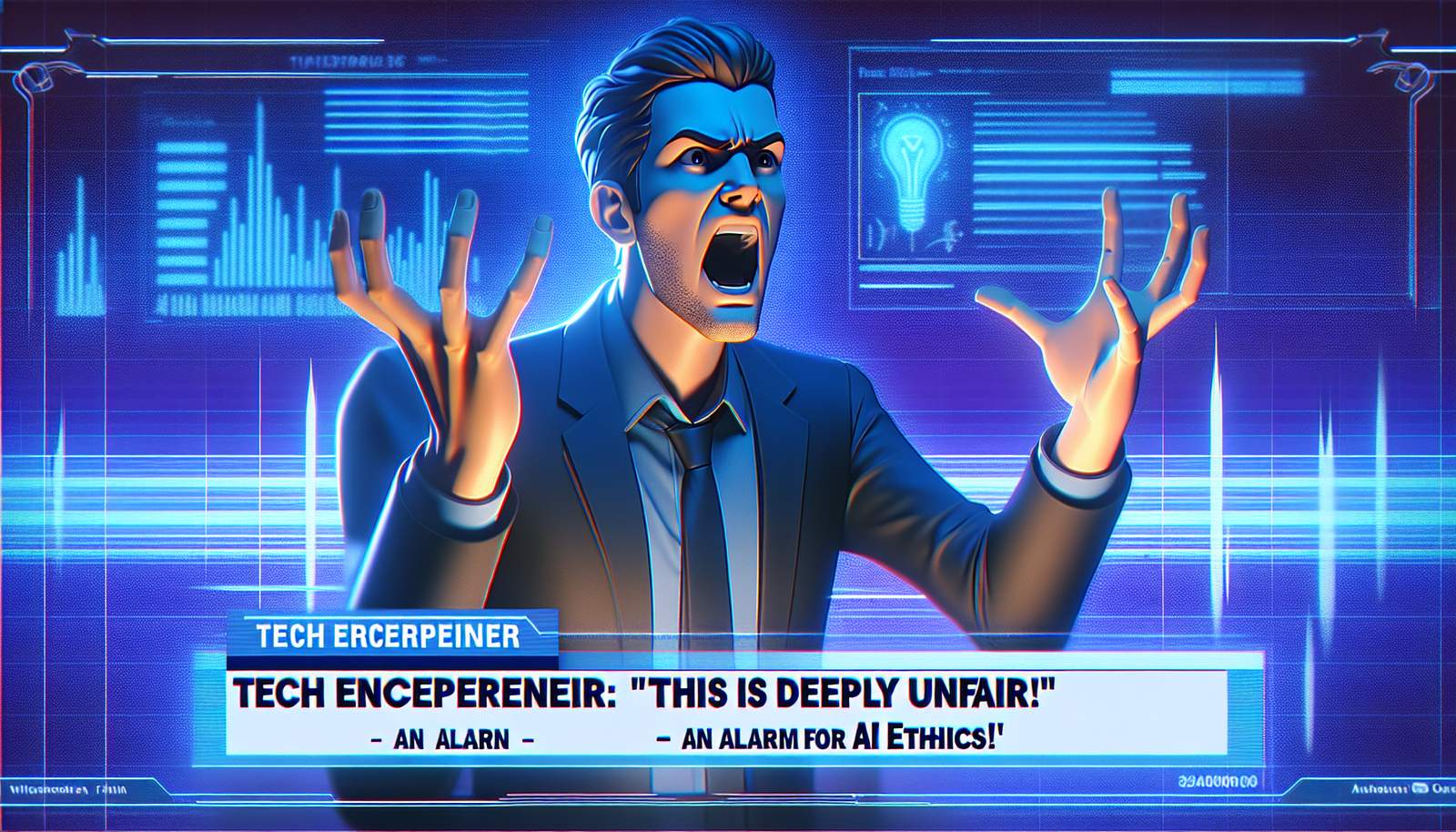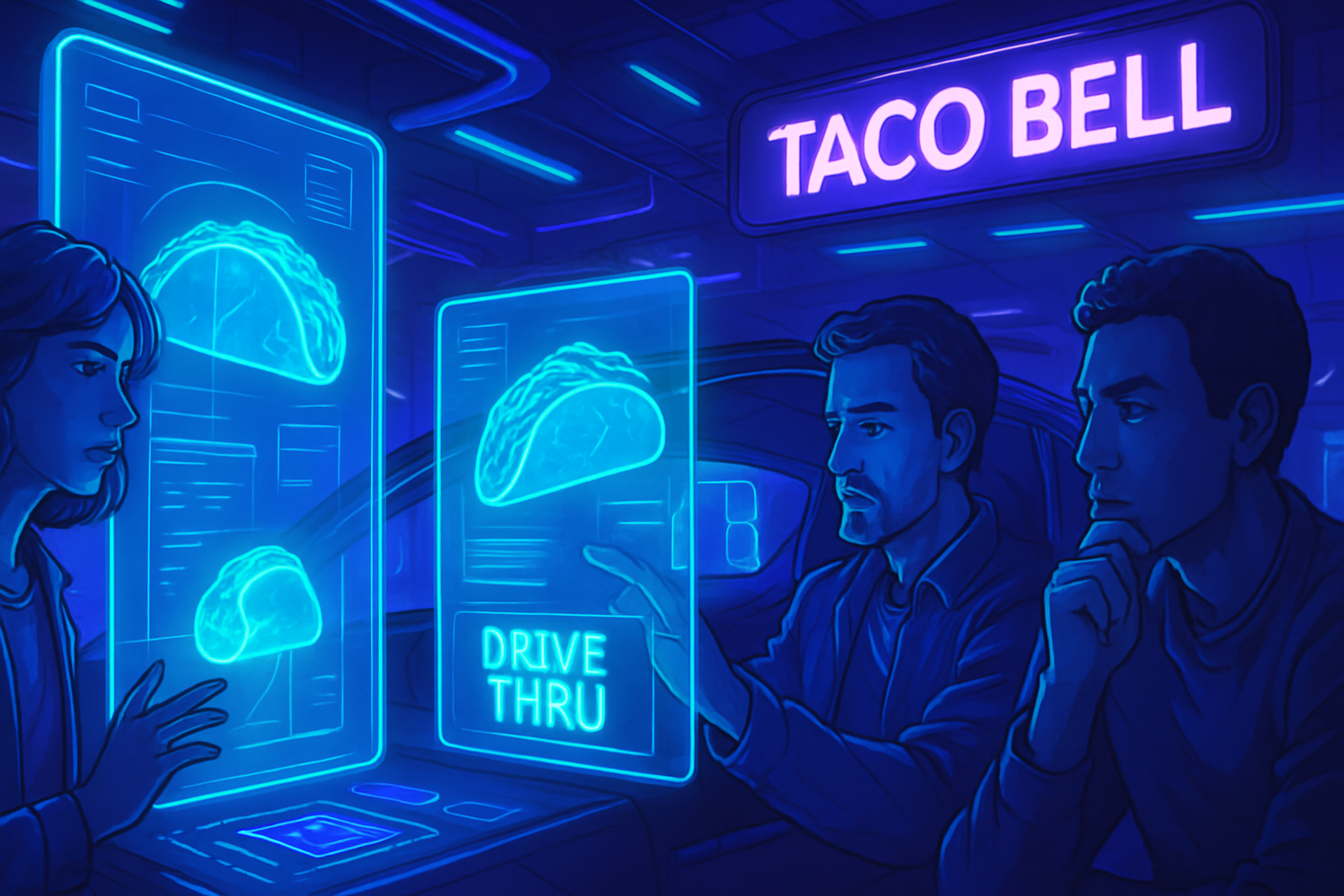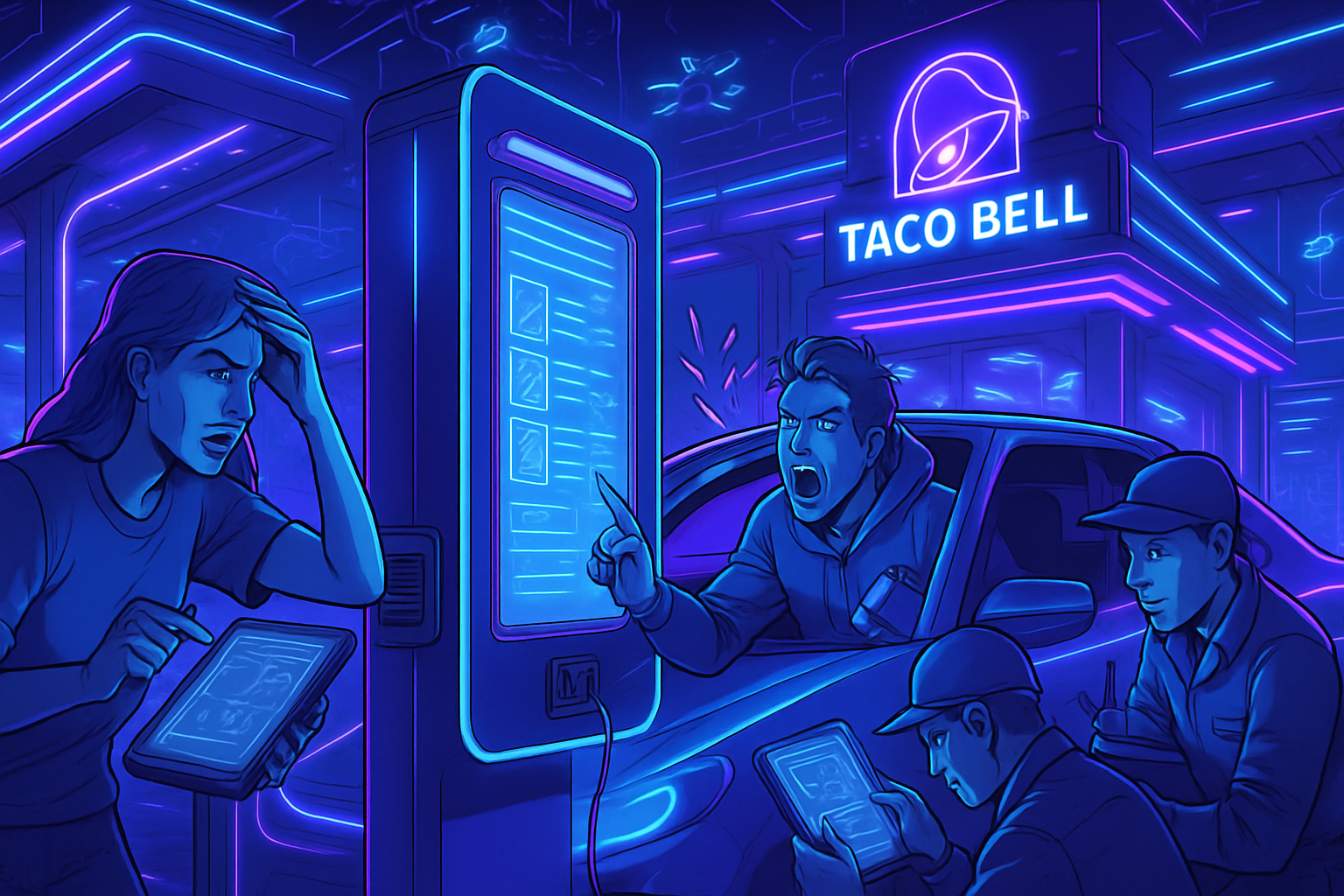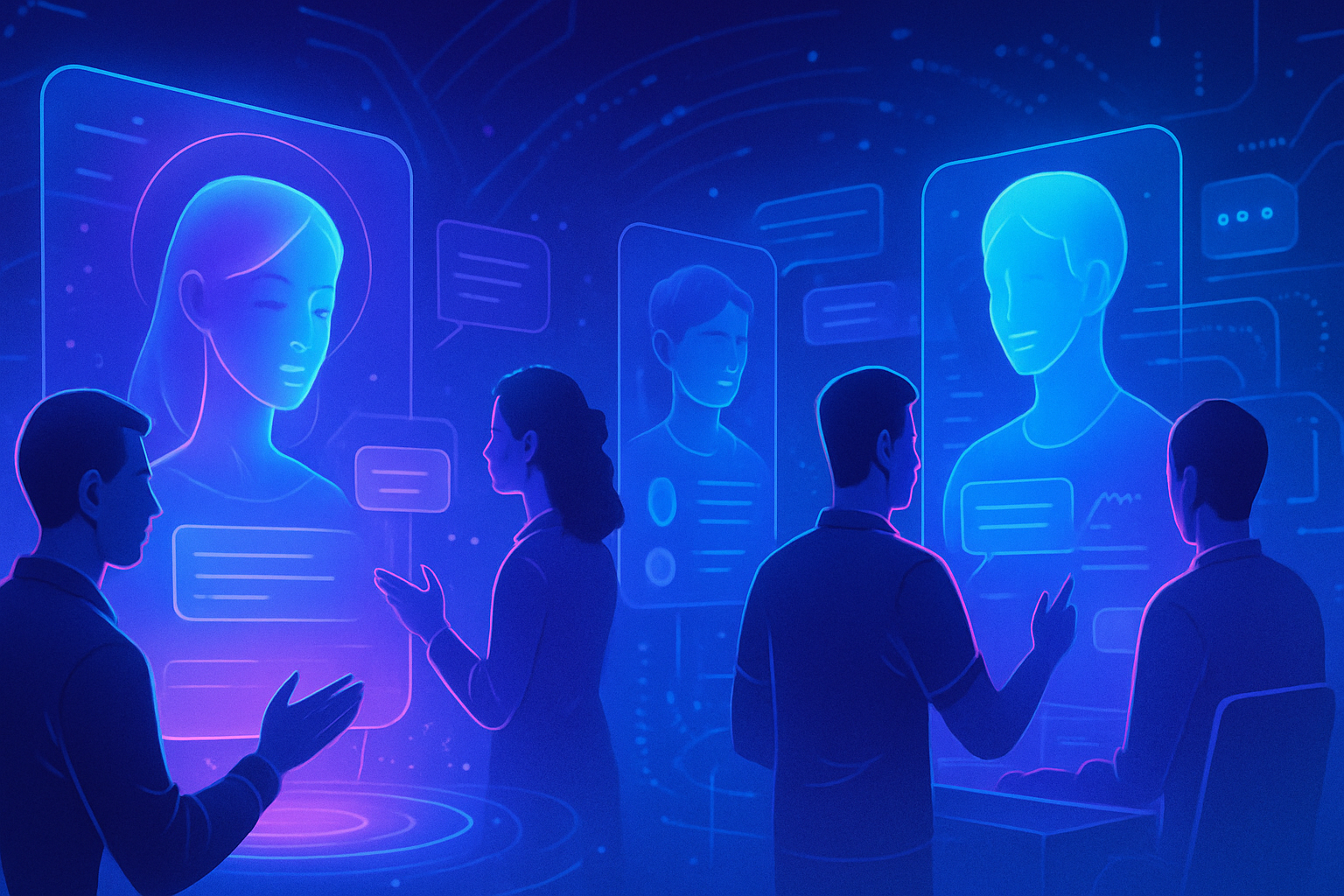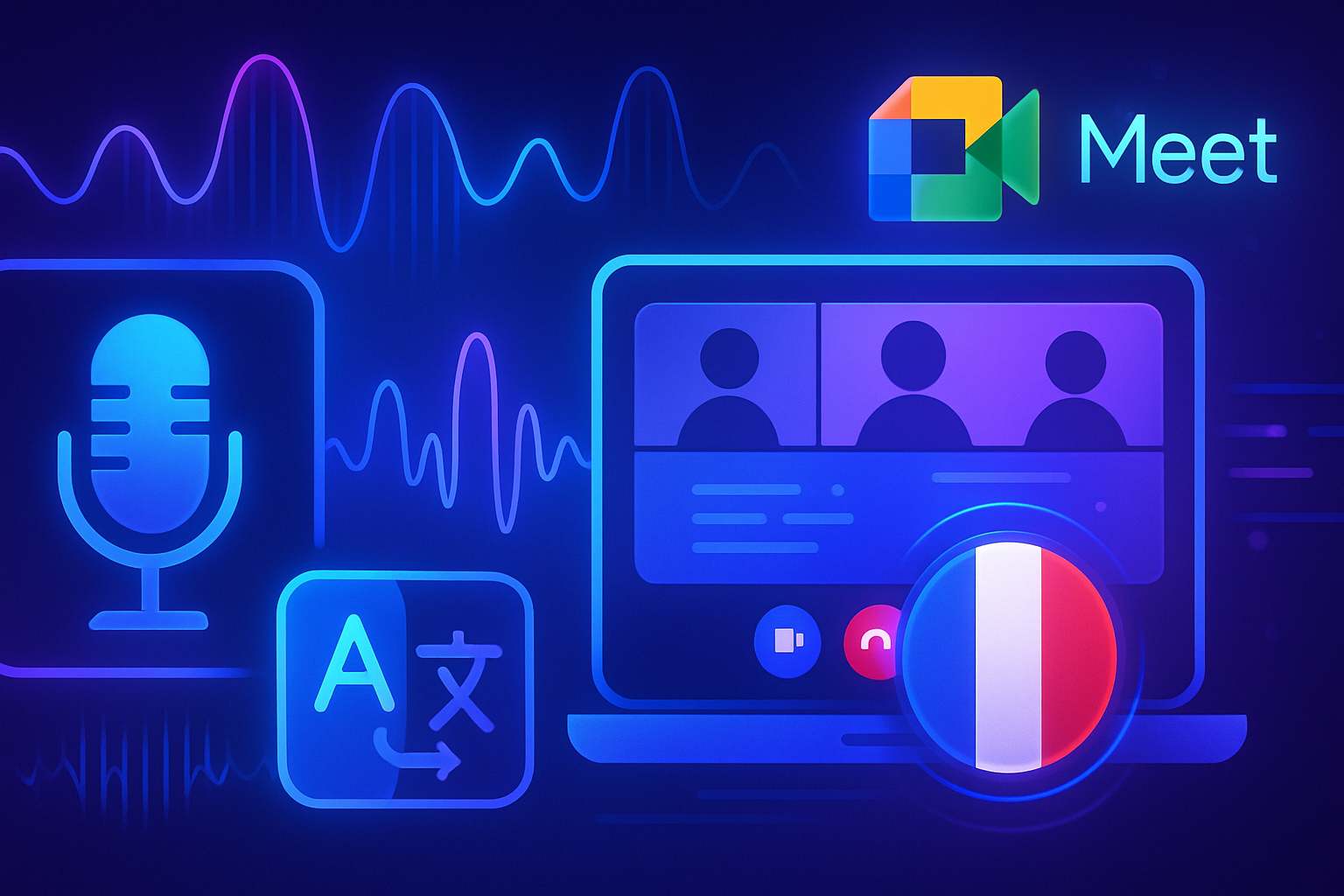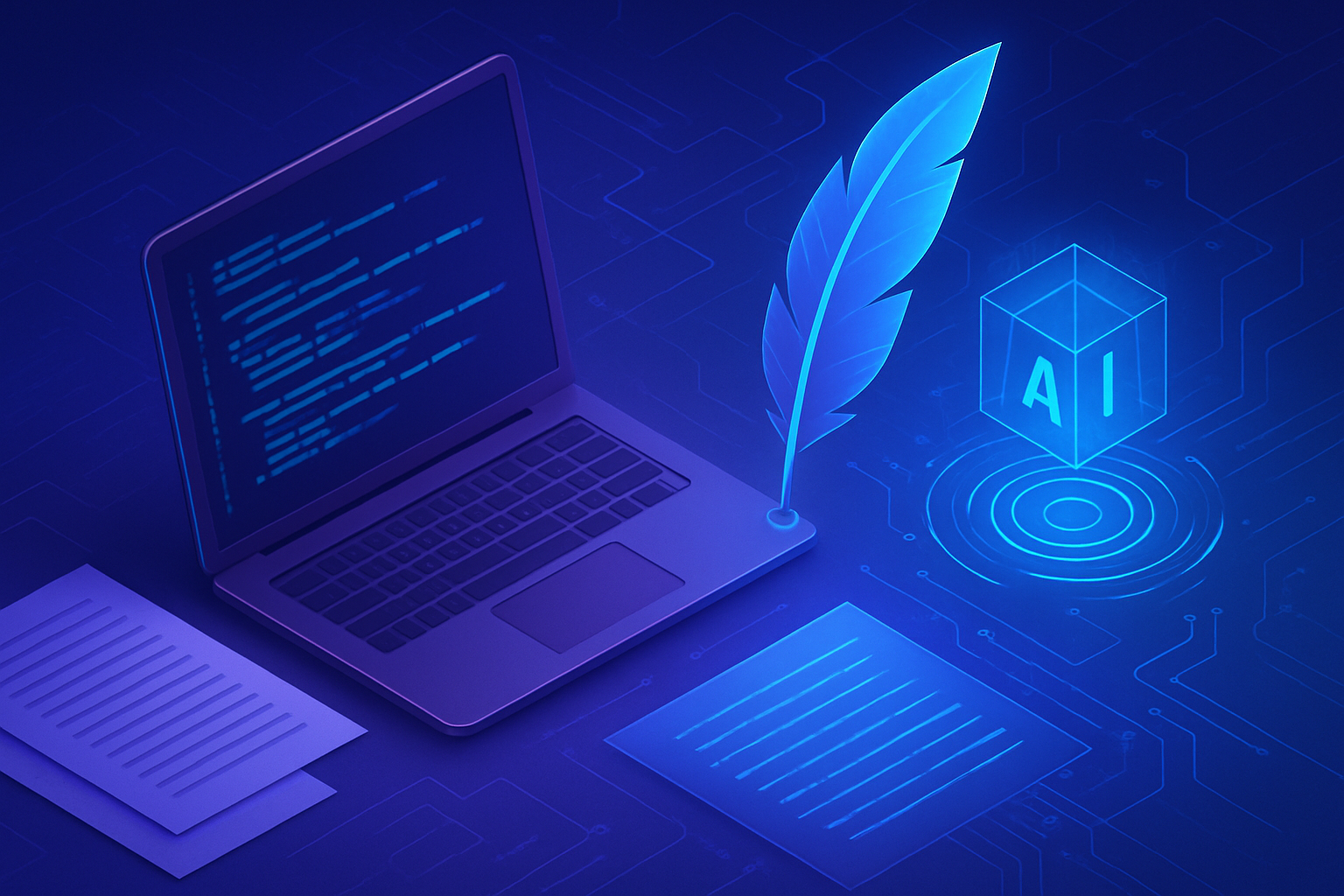Elon Musk delivers a scathing attack against OpenAI, denouncing a drift towards *profit* at the expense of its original mission. This bitter observation raises a fundamental question about the ethics surrounding artificial intelligence. In a climate where *capitalization* replaces selfless innovation, Musk highlights the mismatch between OpenAI’s goals and its current practices.
Recognizing this deviation represents a major challenge. The imperative to preserve the integrity of AI is more crucial than ever. Every statement from Musk only fuels the debates around the responsibilities of modern companies.
Ongoing conflict between Elon Musk and OpenAI
Elon Musk, an iconic figure in technology, has recently reiterated his criticisms of OpenAI. The billionaire, co-founder of the organization in 2015, believes that the current direction has betrayed the original spirit of the entity. Most recently, his statement where he describes OpenAI’s desire to generate profits as “deeply unfair” has sparked the interest of observers.
Historical context of the separation
Musk left OpenAI in 2018, following growing disagreements regarding the goals and methods of the organization. Initially founded to promote the development of a safe artificial intelligence, OpenAI has gradually evolved into a profitability-oriented business model. This transition has exacerbated Musk’s resentment, who views it as a dangerous deviation from the initial mission.
Accusations of betrayal
In his latest complaint, Musk accuses OpenAI and its leaders of neglecting their ethical obligation to society. His critique aligns with that of other thinkers in the field, who highlight the risks of unregulated AI. Musk believes that the shift to a commercial model prioritizes profits over the original mission. An extreme position that he reiterates in a context where the conversation around AI becomes increasingly urgent.
Reactions from OpenAI
In response to Musk’s accusations, OpenAI expressed its disagreement while stating that their business strategy allows for the long-term support of ethical and responsible research. The company assures that its goal remains the development of beneficial artificial intelligence for humanity. In this regard, OpenAI continues to promote its innovative tools, such as ChatGPT, while advocating for appropriate regulation of AI.
The implications for the future of AI
The growing tensions between Musk and OpenAI raise questions about the future direction of artificial intelligence. While Musk advocates for stricter regulation and a return to ethical values, OpenAI seems to be heading towards a more commercial path. This duality of approaches could influence the technological development of upcoming AI models.
The movement towards regulation
The pressure exerted by influential figures like Musk could accelerate the establishment of standards in AI. Political and economic players are seriously considering the need for a solid regulatory framework. The global race for artificial intelligence regulation becomes imperative to frame technological advancements without compromising ethics.
Conclusion pending
No clear outcome is currently in sight in the standoff between Musk and OpenAI. The complexity of the issues at stake requires in-depth reflection on the values that should guide technological innovation. The debates surrounding responsibility and ethics in artificial intelligence are far from settled.
The conflict between tech personalities and innovative organizations could redefine the contours of AI in the coming years. Meanwhile, the evolution of technologies will continue to be closely monitored by the world.
Frequently asked questions
Why does Elon Musk criticize OpenAI?
Elon Musk criticizes OpenAI due to what he perceives as a diversion from the organization’s initial mission, which was to develop beneficial artificial intelligence for humanity, rather than prioritizing profits.
What accusations does Musk make against OpenAI’s leaders?
Musk accuses OpenAI’s leaders of betraying the founding vision of the company by focusing on financial gains at the expense of ethics and the societal impact of artificial intelligence.
What was Elon Musk’s role in the creation of OpenAI?
Elon Musk was one of the co-founders of OpenAI in 2015, but he left the organization in 2018, primarily due to disagreements over the direction the company was taking.
How did OpenAI react to Musk’s criticism?
OpenAI responded to Elon Musk’s criticisms by stating that he is no longer involved with the organization and that his accusations do not reflect the reality of efforts to maintain responsible and ethical practices in AI development.
Is there a link between Musk’s criticisms and his own AI projects?
Yes, Musk’s criticisms also seem tied to his own initiatives in the field of artificial intelligence, including the launch of Grok, an AI he developed, possibly highlighting his desire to position himself differently in the market.
What consequences could Musk’s accusations have on OpenAI?
Elon Musk’s accusations could influence OpenAI’s image and raise ethical questions about the company’s practices, potentially impacting its future collaborations with other tech partners.
Has Elon Musk ever sued OpenAI before?
Yes, Musk had previously filed a lawsuit against OpenAI, but it was withdrawn. However, his persistent criticisms reflect an ongoing underlying conflict.
What does OpenAI’s shift to profit represent for the AI industry?
OpenAI’s shift to profit raises concerns about the commercialization of artificial intelligence, highlighting the ethical challenges facing the industry, particularly the risk that financial objectives may prevail over fundamental societal concerns.
